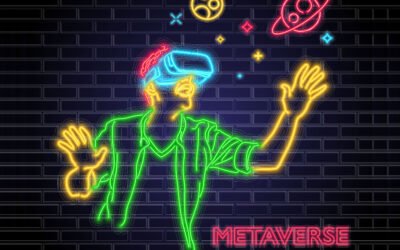
There have been many discussions about the legality of non-fungible tokens (NFTs). Some people believe that NFTs are copyrightable, while others think they’re not. This blog post explores the lawfulness of NFTs and tries to answer the question once and for all: can NFTs be copyrighted?
First, let’s take a look at the definition of copyright. Copyright is “a form of protection provided by law to the creators of original works of authorship.” To copyright something, it must meet three basic requirements:
- It must be an original work of authorship.
- It must be fixed in a tangible medium.
- It must be owned by the creator or his/her heirs.
Based on this definition, NFTs can be copyrighted. It is because they are original works of authorship that are fixed in a tangible medium (the blockchain). However, whether or not they can be copyrighted is a different story.
Copyright protection is not automatic; it must be registered with the United States Copyright Office. NFTs are not currently registered with the Copyright Office, so they would not be protected under copyright law. However, this could change in the future if someone decides to file a copyright registration for an NFT.
So, can NFTs be copyrighted? The answer is yes, but they are not currently protected under copyright law, which could change in the future if someone files a copyright registration for an NFT.










